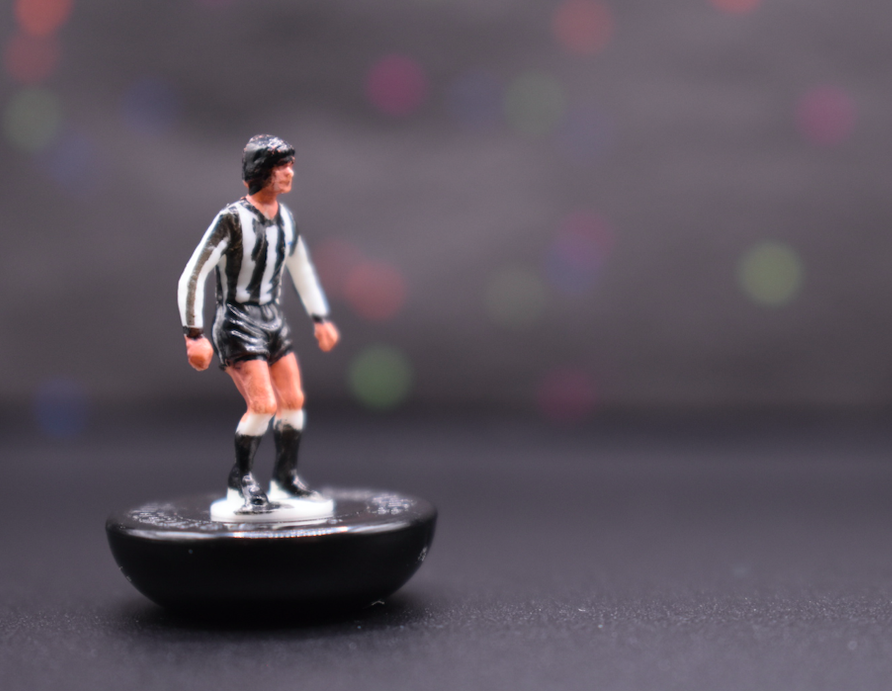No, and in in fact those doctors can face more than one regulator.
Dr J’s case was well publicised in the mainstream media, he faced a GMC investigation, MPTS hearing, UK Anti-Doping and the Regulatory Commission of the Football Association.
The background to the matter was that Dr J had a substantial main practice and he also worked for a local football club as a consultant providing match day cover for the first team. One of the players was prescribed medication by another consultant. The prescription was wholly properly issued but it required an application to the UK Anti-Doping Agency for a Therapeutic Use Exemption (“TUE”). Dr J told the player that he would apply for the TUE but did not do so. The player continued to take the medication and train at the club. On a routine drug test a few months later he declared use of the medication. In fact the player admitted and was found guilty of violating the regulations, he was suspended for 3 months together with a nine month suspended sanction, he was able to return to play immediately having served an earlier interim suspension. The FA Regulatory Commission accepted it was not intentional and not for any competitive advantage.
Dr J was telephoned by the FA informing him no TUE was in place for the player, in his own words Dr J was in a state of panic about the omission and embarked on a course of dishonest conduct over the next 4 months. In his call with the Football Association he told them he had sent the TUE, it must have been lost in the post, informed the player he had sent the TUE, completed a second application and invited the player to sign it which falsely recorded the start date of the treatment and backdated their signatures, he wrote further letters mis-stating dates and he provided inaccurate information at an FA Interview.
The Tribunal accepted that Dr J was acting in a state of panic but noted that there were several opportunities to take a different course of action and he was wrong to continue digging the hole he started digging when he first saw the problem arise.
The Tribunal determined that Dr J’s fitness to practise was impaired. They accepted that record keeping and patient confidentiality issues were remediable. Dr J only kept one notebook in his bag for his work at the club, it appears there was only one page in relation to a conversation with the player. As part of a BBC interview Dr J had disclosed the player’s treatment when he had no permission from the player to do so. The Tribunal were emphatic that a personal and direct apology should have been made by Dr J to the player and the vague apology in the media was inadequate, not least because it may not have come to the player’s attention. Though dishonesty is generally regarded as more difficult to remediate the Tribunal accepted Dr J had shown some insight, they found it was by no means complete and there were vestiges of minimisation of his own culpability in his evidence. Dr J was suspended for 9 months and a review hearing was listed some 9 months later at which Dr J was permitted to return to practice.
In respect of the Regulatory Commission of the Football Associated Dr J was suspended from all sport for 4 years. Dr J was open with that regulator and he admitted the charge of tampering with doping control.
In point of fact there is a procedure under the regulations for retrospectively applying for a TUE. It is not difficult to imagine that the stress and anxiety Dr J felt about letting his patient down clouded his judgement. Hindsight is a wonderful thing, it is quite likely that had he sought help and advice he could have been spared the months of suffering and worry he endured. If you have any FTP concerns please contact us directly for any advice specific to your matter, the general points in this case review cannot be relied on as legal advice, each case turns on its own facts.



